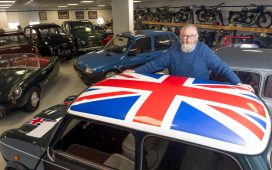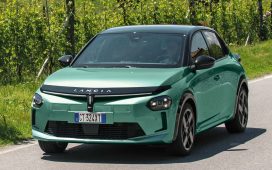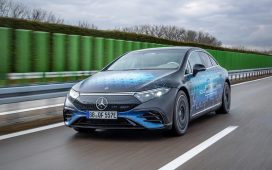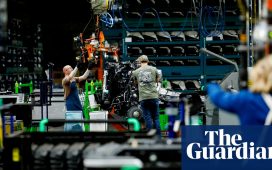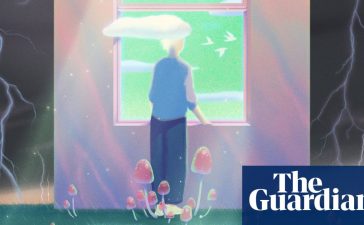Lee added that as well as financial challenges, the waiting times put learners under pressure to pass on their first attempt. “They know they’re staring down the barrel of a lengthy wait if they do need to take another one,” she said.
Tang called on the government to work more closely with instructors to resolve the issue and suggested an airline-style standby system could be the answer to long waiting times. “If one of those original candidates doesn’t turn up, you’re still taking one out [of the waiting list],” he said. “That would cut down the waiting list a lot.”
“Booking a driving test is awful”
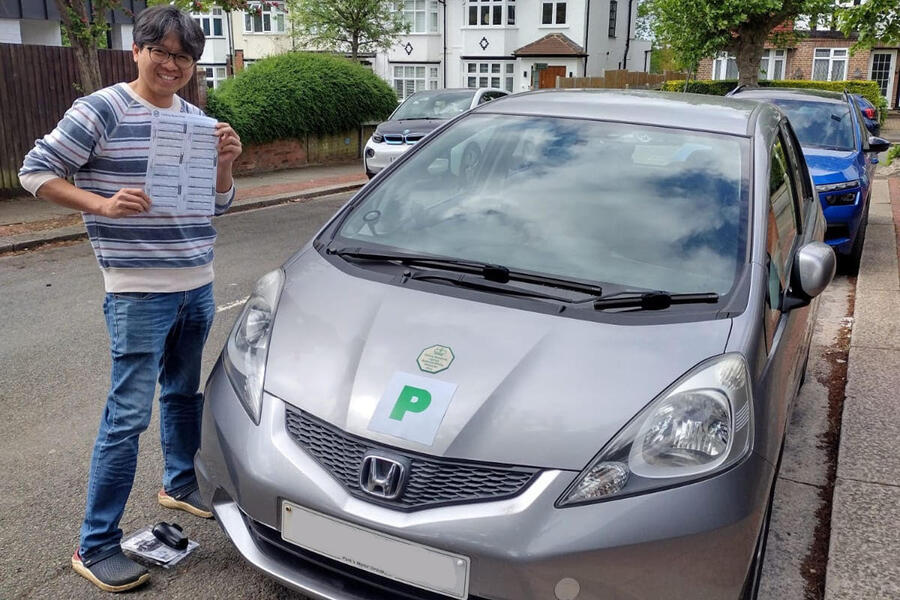
Heman Leung moved to the UK from Hong Kong in 2020. Because of the urbanisation in Hong Kong, he arrived with no driving experience but, soon after arriving in London with his family, he realised he needed a car.
“Booking a driving test is awful,” he told Autocar. “My booking was for half a year later.” He added that the stress from being unable to drive was “huge” because the long wait between each of his driving test failures left him plenty of time to “catastrophise”.
“There were a lot of issues that made me feel like I couldn’t take care [of my family]. I blamed myself a lot.”
Two years later, Leung passed his driving test on his fourth attempt. “It changed everything,” he said. He moved his two children to better schools farther from home and said driving makes him feel like a part of the wider community.
“I treasure my driving licence very, very much. I’ve even framed my L plates at home.”
How bots are hoovering up test slots
Search for a driving test online and you’ll find any number of services selling slots practically on demand at £200- £300, as opposed to the £62 that the DVSA charges. Many such services are fed test slots by automated programmes – ‘bots’ – which use driving instructors’ IDs to bulk-book tests quicker than humanly possible. This prevents real learners from booking a test through the DVSA when it releases slots at 6am every Monday.

